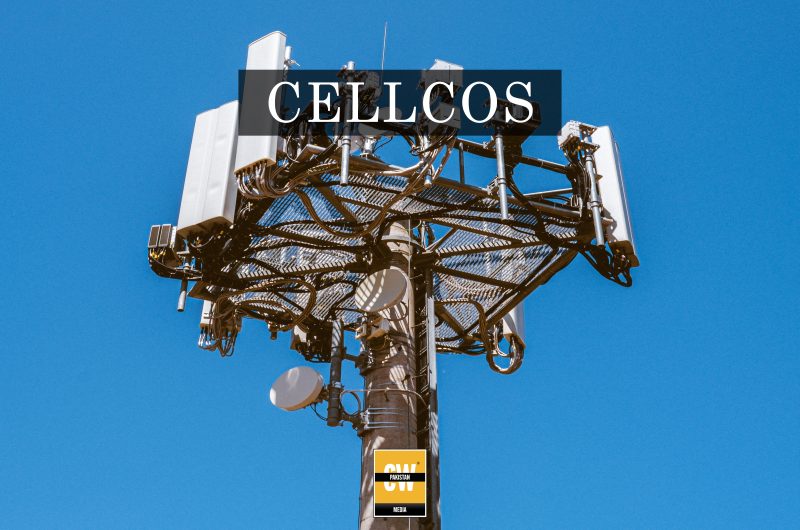Pakistan’s telecom sector has responded positively to the Competition Commission of Pakistan’s (CCP) approval of the long-anticipated merger between Telenor Pakistan and Ufone. Industry leaders have described the move as an important step towards creating a more sustainable and efficient telecom market, where operators can focus their efforts on improving services instead of managing overlapping infrastructure. The merger, seen as one of the most significant changes in the industry in over a decade, reduces the number of national mobile operators from four to three, reshaping the competitive landscape in the process.
Aamir Ibrahim, CEO of Jazz, extended his congratulations to PTCL for receiving regulatory clearance from CCP. He pointed out that consolidation can enable telecom companies to redirect resources from maintaining separate networks to expanding coverage and improving service quality. He stressed that the immediate priority for the industry should now be the timely release of additional spectrum, which is essential for unlocking Pakistan’s digital potential and ensuring that millions of citizens benefit from faster and more affordable connectivity. His remarks reflect a broader sentiment within the industry that consolidation alone will not be sufficient without further reforms in spectrum policy.
Telenor Asia also welcomed CCP’s decision, noting that the approval came after a detailed and careful review process. In its statement, the company expressed confidence that the merger will strengthen Pakistan’s telecom sector and create a more sustainable foundation for long-term growth. It emphasized that the transaction will move forward to the next stage, requiring approval from Pakistan Telecommunication Authority (PTA). Until then, Telenor Pakistan confirmed it would continue business as usual, serving its 43 million customers while preparing for the eventual integration. The company expressed hope that the remaining approvals would be processed without delay, enabling the finalization of the merger.
Experts within the telecom field view the consolidation as a double-edged development. On one hand, a reduction in operators is expected to lead to stronger networks, better quality of service, and potentially more efficient investment across infrastructure. On the other hand, fewer competitors may result in less choice for consumers and concerns about potential increases in pricing. To address such risks, CCP has attached conditions to its approval, designed to ensure that competition remains fair and that customers and smaller operators are not put at a disadvantage. The conditions will be closely watched as the merger process advances, shaping the balance between efficiency and consumer protection in Pakistan’s telecom market.
The industry now awaits the next steps, particularly approval from PTA, which will play a decisive role in finalizing the transaction. Until then, the merger remains a focal point for the sector, with stakeholders closely monitoring how it will affect both operators and subscribers in the years ahead.
Follow the SPIN IDG WhatsApp Channel for updates across the Smart Pakistan Insights Network covering all of Pakistan’s technology ecosystem.










